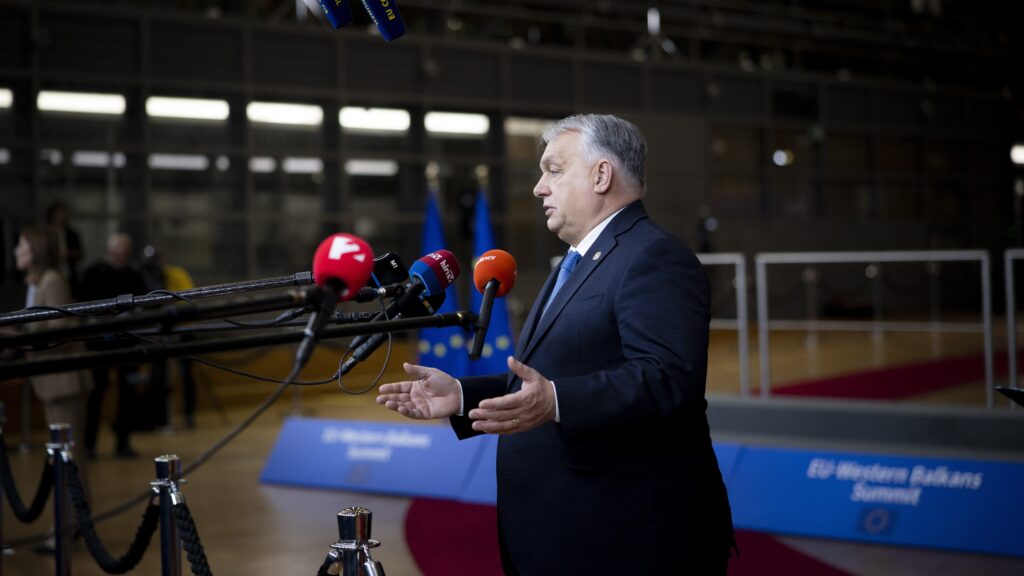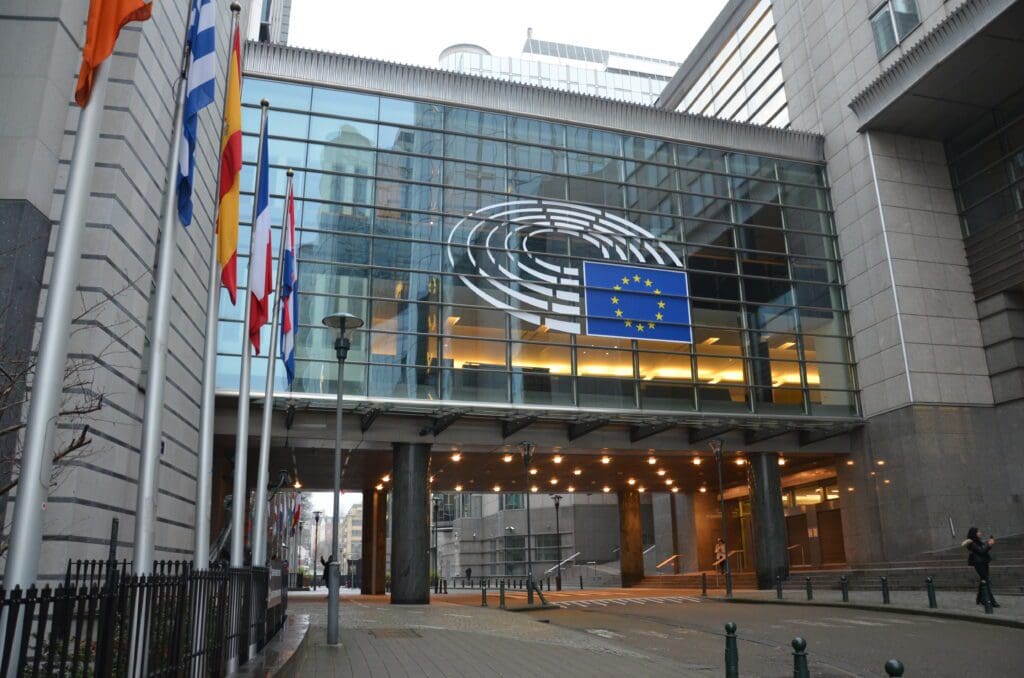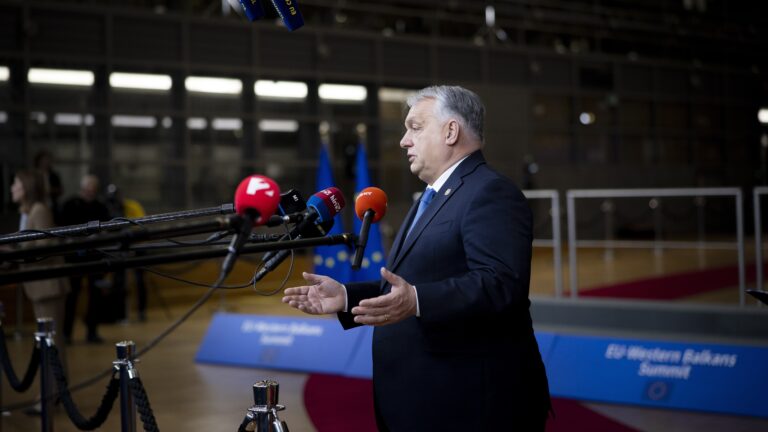Over one-third, €13 billion of the €36 billion in total, of the European Union’s cohesion and COVID recovery funds due to Hungary is on track to being released, the Financial Times reports. FT cites János Bóka, Hungary’s EU negotiator and junior justice minister, who claimed that the negotiations with the European Commission are advancing swiftly and
Hungary should receive about one-third of the €36 billion by the end of 2027.
The author of the Financial Times piece is not challenging his assertion, rather, goes on to refer to ‘people familiar with the negotiations’, who agree that the aforementioned portion of the amount is in fact likely to be released to the Hungarian government. However, the paper’s sources also point out that the rest of the cash is likely to remain locked.
János Bóka has been serving as the Hungarian State Secretary for European Affairs since January 2021. The EU first blocked funding to Hungary in July 2021, originally about €7 billion of COVID-19 recovery funds, allegedly over corruption concerns. However, the timing of that decision suspiciously coincided with the backlash over the then-recently passed Child Protection Act from Western leaders and media. The withheld funds have since ballooned up to €36 billion. Bóka has been at the forefront of the fight for Hungary’s due payment since the beginning, and has been outspokenly optimistic about its partial release recently.
Hungary’s Justice Reform Is Key to Unlocking EU Funds
The legislative package outlining the judicial reforms was passed by the Hungarian parliament on 3 May. It was specifically designed to appease the concerns of the European Commission, as it is stated in its title.
The new set of regulations gave more autonomous power to the National Judicial Council, the representative body of judges. From this point onward, their budget will be separate from the National Office for the Judiciary, and its funding cannot be withdrawn. Also, new provisions have been implemented to limit the political influence over the Constitutional Court and the Supreme Court, the Kúria. For instance, the appointment of the Vice President of the Supreme Court has to be confirmed by the National Judicial Council.
Thanks to these new measures, the €13 billion of the EU cohesion funds that were held up on the condition of judiciary reforms can now become accessible to the Hungarian government. The full release of the total €39 billion is tied to 27 so-called ‘super milestones’ outlined by the EU Commission, four of which have been met with the changes to the judiciary, the FT article cites Bóka.
The rest of those milestones have to do with other rule of law concerns, freedom of academic thought, LGBTQ civil rights protections, and immigration policy. Over the latter two, the Orbán administration is willing to take the Commission to court, according to Bóka. However, the funds connected to those points of contention make up a small percentage of the total funds—€700 million and €50 million, respectively.
Read more:







